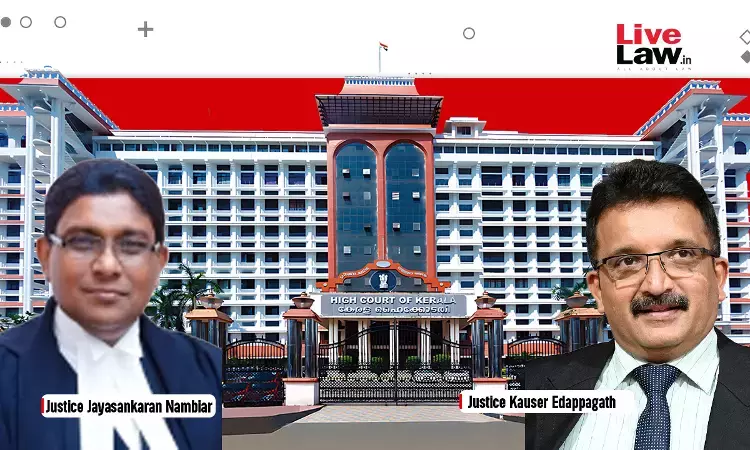The Kerala High Court has held that the presumption under Section 8 of the SC/ST Prevention of Atrocities Act regarding knowledge of accused about victim's caste or tribal identity is applicable, if the victim is the wife of the accused. Section 8(c) says there is a presumption that the accused would be aware of the victim's caste or tribal identity if they were previously acquainted with...

